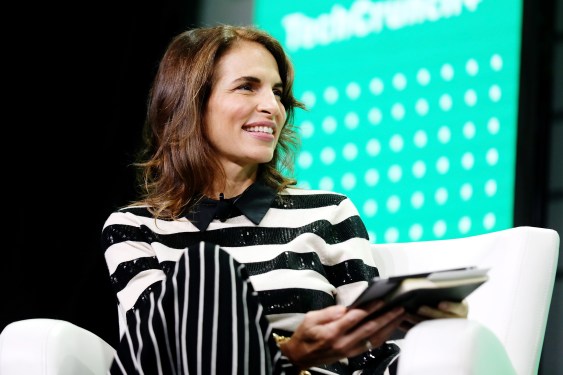Introduction
Mastodon, a decentralized social network founded by Eugen Rochko, has recently seen a surge in activity amid the exodus of users from Twitter. This shift has been attributed to several factors, including the rapid adoption among former X (now BlueSky) users and the continued growth of Mastodon’s user base.
Founder Discusses Growth And Vision
Mastodon: A Decentralized Social Network
Mastodon is a decentralized platform powered by ActivityPub, an open-source protocol designed to enable federated social networks. Unlike traditional platforms like Twitter or Facebook, Mastodon operates independently and does not rely on third-party servers or corporate oversight. This decentralization has allowed the community to take control of its own direction and growth.
Rochko’s Perspective
Eugen Rochko, the founder and CEO of Mastodon, provided an update on the platform’s recent activities during a post shared directly on Mastodon. He highlighted significant growth metrics, noting that official app downloads had increased by 47% on iOS and 17% on Android. Additionally, the platform saw a 27% month-over-month increase in sign-ups, with over 90,000 new users joining between October and December.
Mastodon’s Growth
Rochko emphasized the platform’s commitment to fostering growth by encouraging community participation. He mentioned that Mastodon is currently hosting over 1 million active users, many of whom are early adopters who have contributed significantly to its development. Rochko also noted that Mastodon is open to new members and does not require prior experience with decentralized platforms.
Comparison With BlueSky
BlueSky, Twitter’s competitor, has been a major focus for Mastodon advocates. While BlueSky has experienced significant growth in user numbers, it lacks the transparency and community control that Mastodon offers. Rochko highlighted that BlueSky’s business model, which focuses on monetization rather than user experience, contrasts sharply with Mastodon’s emphasis on serving its users’ needs.
Rochko further pointed out that Mastodon is not a competitor to BlueSky but rather an alternative for those who value free speech and decentralized control. He stated that Mastodon does not plan to expand its services into advertising or paid features, prioritizing the platform’s core mission of providing an open-source social network.
The Fediverse Vision
Rochko also discussed the broader vision of the fediverse—a collection of interconnected social networks that users can join based on their preferences. He outlined plans for expanding Mastodon’s role within the fediverse, including potential integrations with other platforms and initiatives to promote cross-network collaboration.
Community-Driven Growth
Mastodon’s success is attributed to its strong community-driven growth model. Rochko emphasized the importance of user participation in shaping the platform’s direction, stating that the community’s feedback has been instrumental in achieving these milestones.
Conclusion
In summary, Mastodon continues to gain momentum amid the exodus from Twitter, thanks to significant user growth and a vision rooted in decentralization and open-source principles. Rochko’s leadership has been pivotal in guiding the platform toward its goals, and his focus on community engagement ensures that Mastodon remains at the forefront of decentralized social networking.



